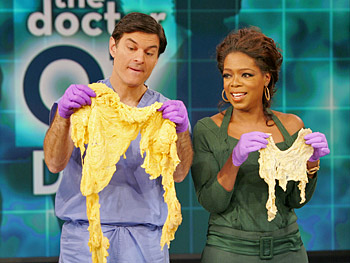Goodbye 2007. In a few hours the year 2007 will be gone forever. Well, from the pictures I’ve already seen online, 2007 has left a number of people on the other side of the world. Right now I’m starting this entry while sitting at church for an End of the Year service. Yes, I know, I should be listening intently to the speaker.
The speaker for the evening is talking about resolutions and such. Pretty typical end-of-year topic, right? Well he is speaking about seeking God first.
At the end of the year people often take time to examine their lives. They look back at the past year with 20/20 hindsight. It’s a time to learn from experience. They also eagerly look forward — some with hope, others with despair, but everyone with uncertainty of what tomorrow brings. Uncertainty, though, should not stop us from making plans. So resolutions are made. Often they’re quickly forgotten. In the spirit of the season, I’ll try my hand and creating some resolutions for myself.
- Be Intentional
I’d like to be more intentional with my life. On the spiritual side, it is all too easy to be swept up with the fast pace of modern living. I’d like to be more intentional about my walk with Christ.
I’d also like to be more intentional in my educational life. At times it was just too easy to become distracted by little things while studying. I need to be more intentional when studying. Study time is study time; ignore the unimportant when I’m with the books.
- Open My Eyes
Tunnel vision is something I worry about. I’m worried that the next exam will consume me. I’m worried that medical school will change me — and not for the better. I hope I don’t graduate bitter about a broken healthcare system, cynical about life, and obsessed with making as much money as possible. What I need, I think, is to open my eyes more. I need to look around at those around me. There are people who are suffering. There are people who are hurting. I need to open my eyes so that I can remember the reasons I wanted to go to medical school. I need to open my eyes, and, as I heard one speaker say, witness the Divine in action.
So there it is. I distilled my resolutions to two little statements.
What are you planning for this next year?




 Oprah had been busy over the weekend. She was campaigning for Obama. The New York Post decided it would be clever to talk about Obama’s Oprah-generated momentum by calling it “Omentum.”
Oprah had been busy over the weekend. She was campaigning for Obama. The New York Post decided it would be clever to talk about Obama’s Oprah-generated momentum by calling it “Omentum.”
